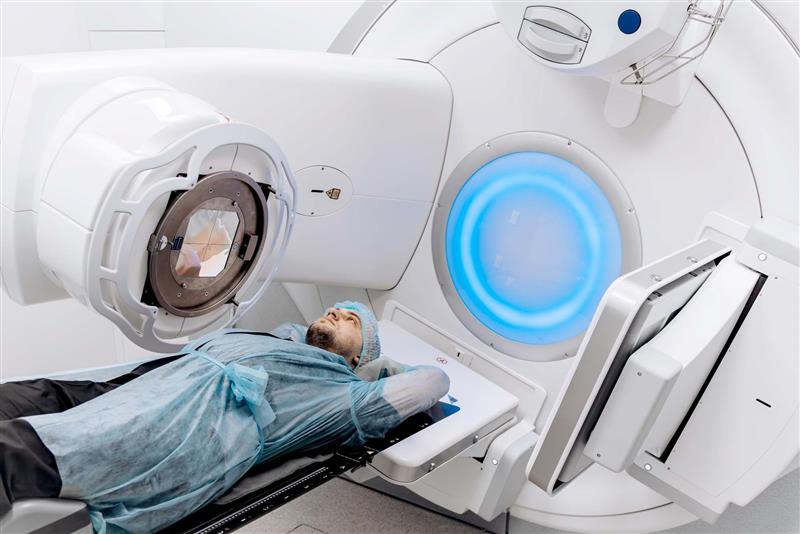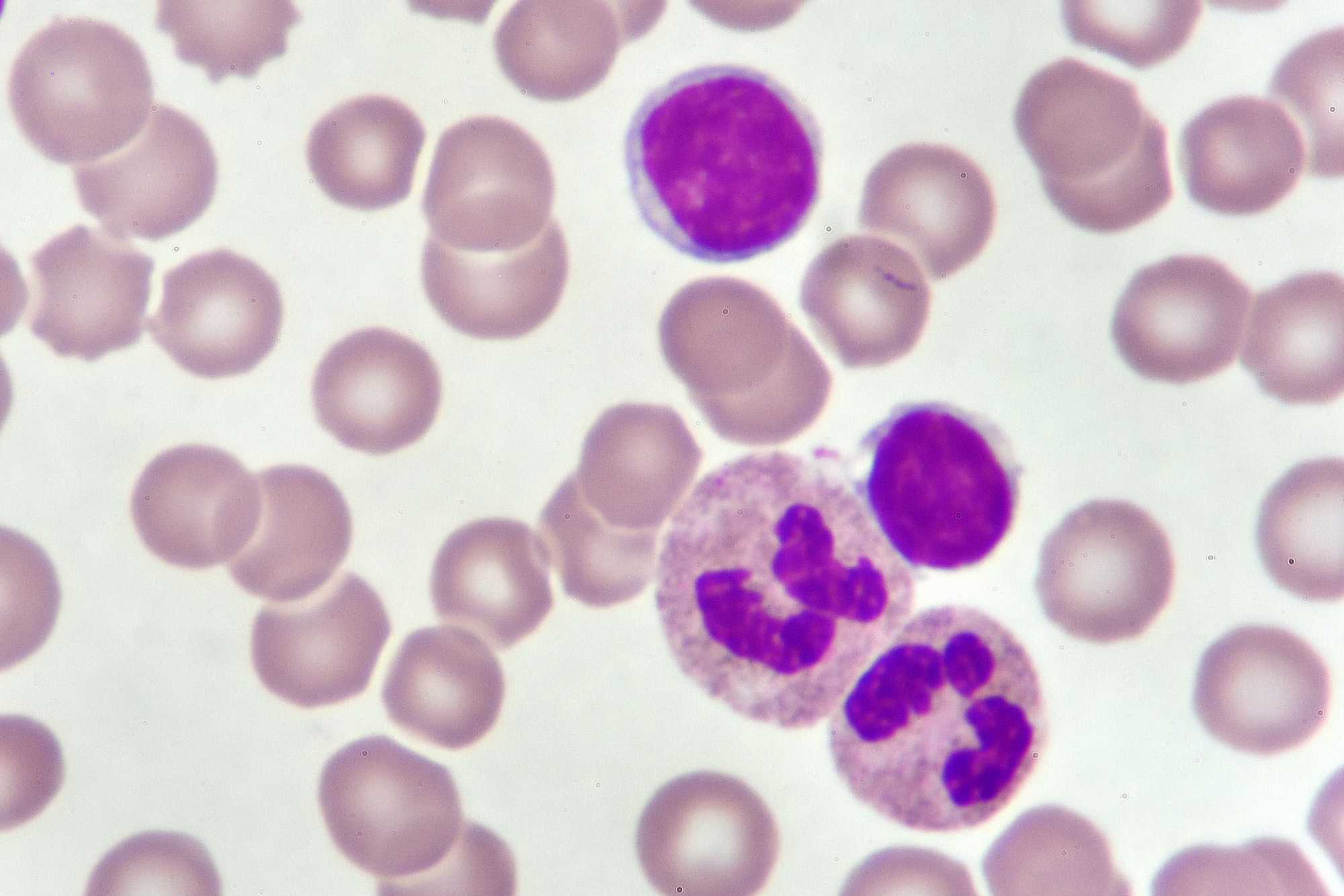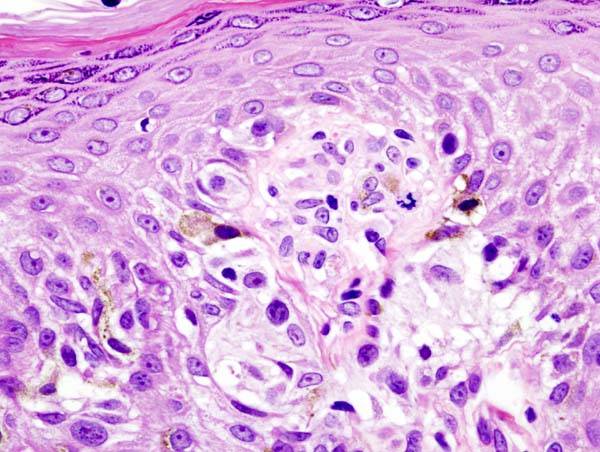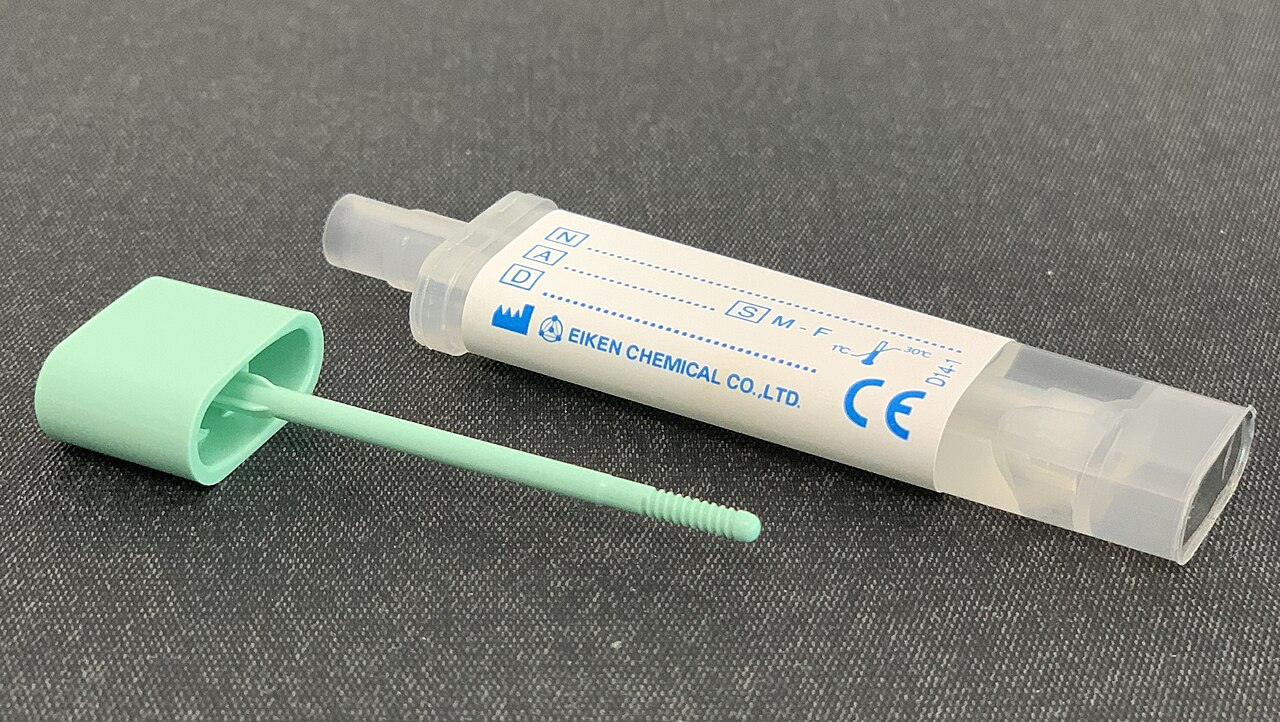Vaccination against human papillomavirus prevents cervical cancer, according to data from more than 130 million people
Two meta-analyses conducted by the Cochrane Collaboration confirm that vaccination against human papillomavirus (HPV) prevents cervical cancer. Both articles bring together the results of 60 clinical trials and 225 studies involving more than 130 million people worldwide. According to Cochrane's press release, the result “is strong and consistent evidence” that vaccines against this virus are effective in preventing cervical cancer and precancerous changes, especially when given to young people before they are exposed to the virus. The reviews also confirm that HPV vaccines usually cause only mild and temporary side effects, such as pain in the arm.








